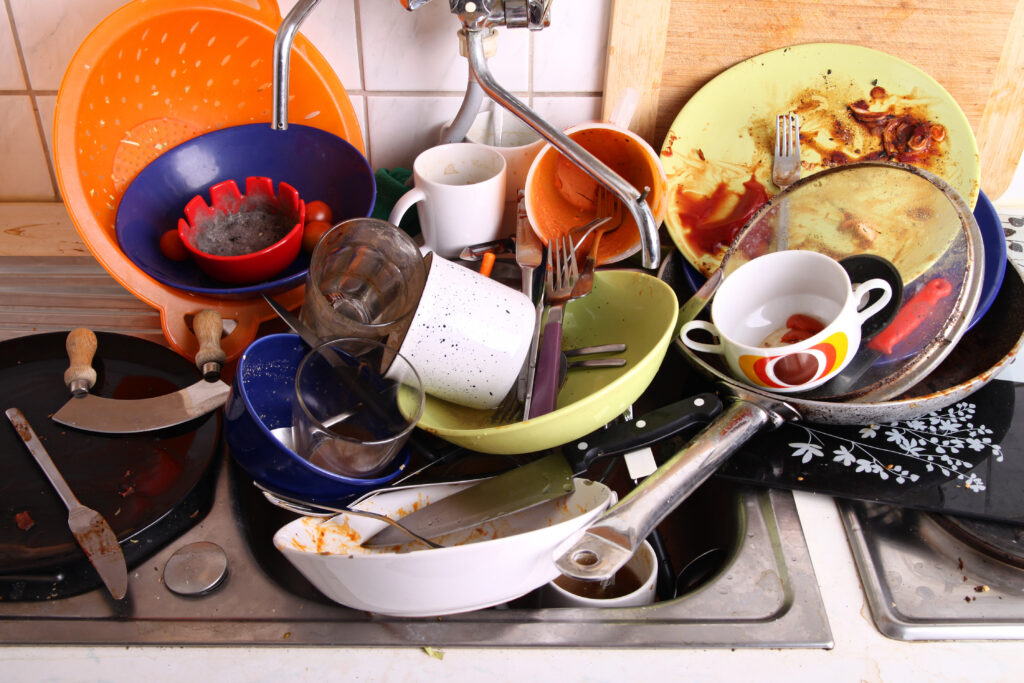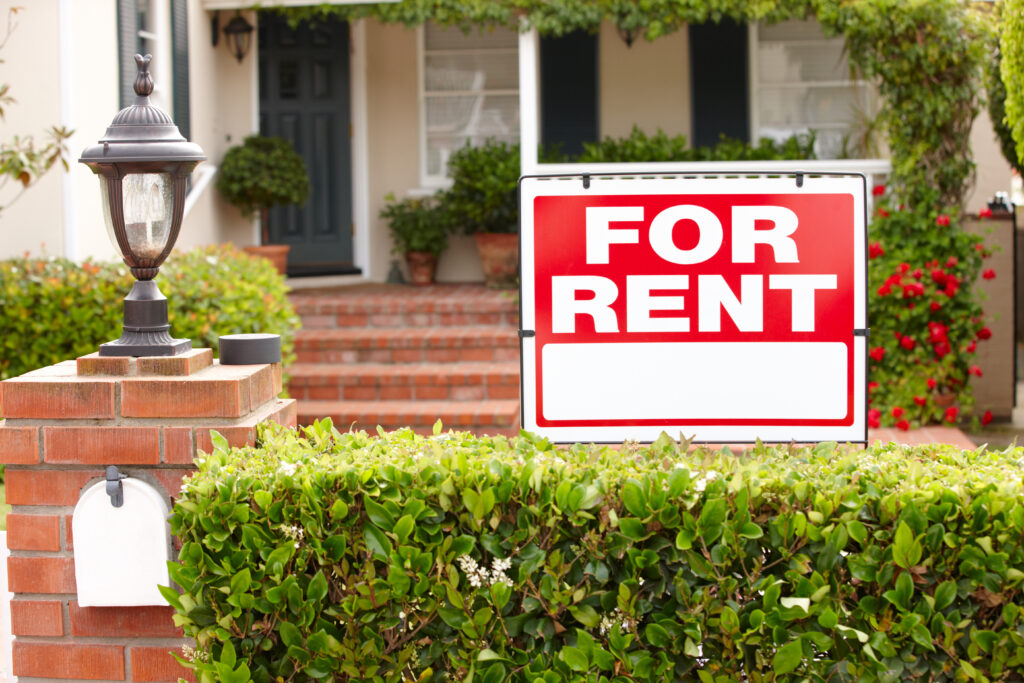Living in your very own space is an exciting part of your international student journey, where you will gain independence, meet new people, and learn how to make a house a home. However, this freedom comes with new responsibilities and there are a few renting guidelines you should be aware of. Here are a few tips on being the ideal tenant to avoid any issues with your landlord or real estate agent.
PAY RENT ON TIME
First, and most importantly, make sure you pay your rent and make sure you pay it on time. A tenant who pays promptly (without the real estate agent or another housemate having to remind them) is a good tenant.
To avoid any delays, you should consider scheduling regular payments to be debited from your Australian bank account, so you don’t have to worry about forgetting a deadline. Encourage your housemates to do the same.
You may also be able to receive a rent receipt. In Victoria, for example, you are also entitled to a rent receipt after each rent payment, which includes specific details about the transaction. It is a good idea to request these receipts and file them away as proof of prompt payment. Your real estate agent must give you one if you pay in person or send you one within five business days if you don’t pay in person and request one. Check with your relevant state body to see if this is applicable in your state – we’ve listed their details below.
DON’T BE AN ANNOYING NEIGHBOUR
No matter where you live, you will most likely have neighbours nearby. As such, you need to be considerate of those living around you so they do not make complaints that can get back to your landlord.
In Australia, there are noise restrictions in each state, whereby loud music and general excessive noise are not permitted after a certain time (these times vary between states and council areas). If you plan on hosting a party with all your new university friends, it is polite to let your neighbours know by leaving a note in their letterbox or chatting to them in person.
You should also make sure the garden is maintained to avoid pest infestation issues (speak to your real estate agent about who is responsible for lawn care) and that your bins are always placed on the side of the road on the right day for collection (and put away once the rubbish trucks have collected the rubbish).
COMMUNICATION IS KEY
Always be honest with your real estate agent. It is better to keep them informed so that they are aware of what is happening at the property. This includes prompt communication about repairs such as leaks and cracks, or if a housemate moves out.
If something affects your ability to pay rent, it is best to be honest with your real estate agent and organise an alternative instead of suddenly stopping payments. Should you have issues with your real estate agent or landlord or need to resolve a dispute, speak to your real estate agent or landlord first and try to solve the problem directly.
If the problem continues, send an email to your landlord so you have a record of your conversation and investigate the processes available to resolve this. Rest assured that there are places to go in an emergency; if you have an issue, contact the relevant body in your state.
READ THE FINE PRINT
Before you sign your lease, it is important to read through it thoroughly. If there is anything you don’t agree with or want to change, you’ll need to negotiate with the real estate agent beforehand to see if they will approve your requests prior to signing the lease. Your lease is a legally binding document, so once it is signed, it can be very difficult to change (not to mention frustrating for your real estate agent).
When it is time to move in, request a walk-through of your new property and take note of any existing damage or noticeable wear and tear. Ask for a copy of the condition report so that you have it available if any disputes about your bond arise.
TAKE CARE OF YOUR PROPERTY
Finally, you need to respect the property and treat it the same way you would your own home. Of course, over time there will be normal wear and tear within the house or apartment, but always be attentive with cleaning and light maintenance.
Most major household maintenance will be the responsibility of your landlord (remember to contact your real estate agent if you have repair issues), but as the tenant, you may have to maintain the garden or change smoke detector batteries, so make sure you are aware of this when discussing your lease terms.
If you are living with housemates, it is a good idea to set up a rotating roster of household duties so that everyone holds an equal role in the upkeep of your home.
Learn more about your rental rights and responsibilities in your state
VIC: Consumer Affairs Victoria
NSW: NSW Fair Trading and Tenants Advice & Advocacy Services NSW
QLD: Tenants Queensland and Residential Tenancies Authority
WA: WA Department of Commerce and Tenancy WA
SA: Consumer and Business Services (CBS) and Tenants Information and Advisory Service
TAS: The Tenants‘ Union of Tasmania and Consumer Affairs and Trading
NT: Tenants’ Advice Service and Consumer Affairs Northern Territory
If you have a renting question or problem in Victoria, visit Consumer Affairs Victoria – International Students or call on 1300 55 81 81.







